Collaboration in global wildlife conservation plays a vital role in advancing scientific research on wild animals, reintroducing animal species to nations where they have gone extinct and strengthening people-to-people exchanges, zoological experts said at a news conference in Beijing on Thursday.
"Wild animals are not only essential components of global biodiversity and natural ecosystems, but also significant messengers and carriers for friendly interactions among people of various countries," Wang Weisheng, head of the flora and fauna department at the National Forestry and Grassland Administration, told the news conference.
"Engaging in collaborative exchanges of wildlife is a widespread practice that plays a crucial role in enhancing scientific education on nature conservation, fostering collaborative research efforts and promoting wildlife protection."
Since the launch of reform and opening-up in 1978, Chinese zoological parks have acquired dozens of wild animal species from foreign countries that are not native to China, including koalas, jaguars, polar bears, European bison and African lions. This not only allows Chinese people to observe such animals more easily, but also facilitates collaboration among scientists for research efforts focused on breeding and disease prevention, Wang said.
International cooperation is also important for species that have become locally extinct due to factors such as climate change and human hunting, he said.
He said that in 1985, China collaborated with the United Kingdom to import 77 Milu deer, also known as Pere David's deer, in batches. The species became extinct in China last century, but the country's Milu deer population now numbers more than 6,000 through measures such as artificial breeding and wild release.
China also provided its expertise in revitalizing populations of crested ibis to Japan and South Korea, offering support in breeding resources, techniques and personnel training. The wild crested ibis, previously extinct in the two countries, has now rebounded, with 532 birds in Japan and several dozen in South Korea.
China has also been providing knowledge and training for wildlife conservation and management personnel in developing countries in Asia and Africa for 12 years, Wang said.
Wei Fuwen, an academician from the Chinese Academy of Sciences who has been engaged in global cooperation on giant panda research since the late 1990s, said international cooperation has showcased China's improved research capabilities and its achievements in wildlife conservation.
"With the assistance of foreign institutions, China has overcome three major challenges in giant panda reproduction — estrus, mating and conception, and cub survival," Wei said. "Collaborative research on their food nutrition and disease control has enabled the health conditions of giant pandas to improve significantly."
He said giant pandas have received warm welcomes in host nations, and that during visits to countries such as the United States, Australia and the UK, he found local residents willing to wait in line for hours for a glimpse of the creatures, and caretakers demonstrating meticulous care for them.
"This serves as an indispensable tool in deepening foreign public awareness of China's success in wildlife preservation and ecological civilization advancement," Wei said.








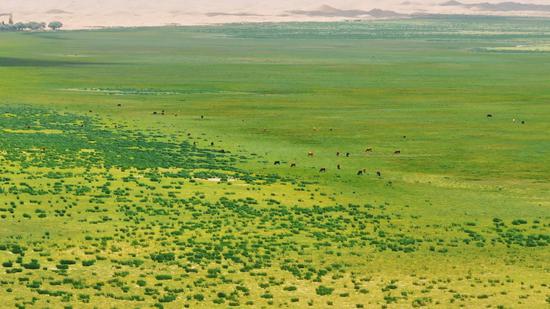













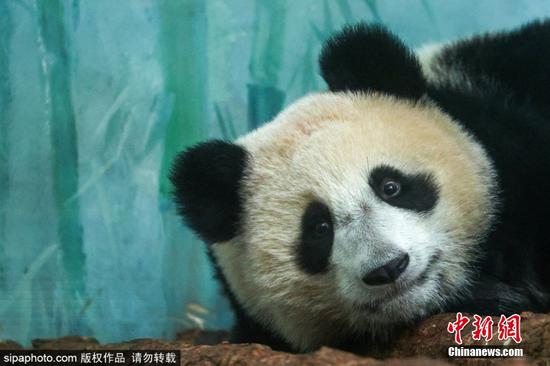
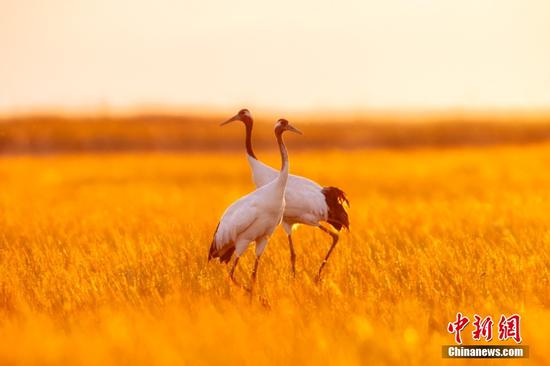

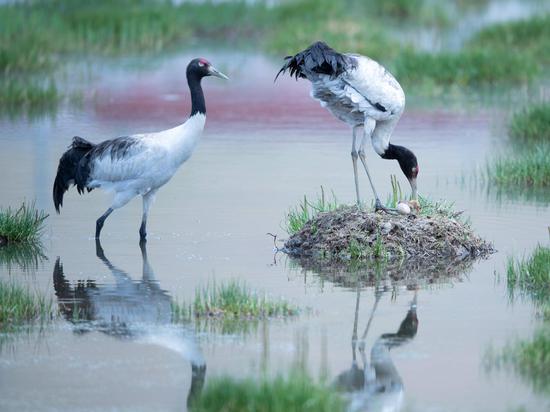



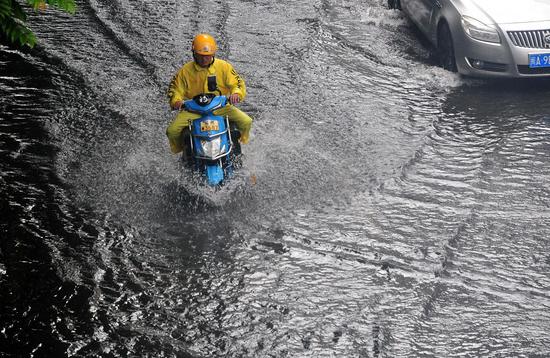
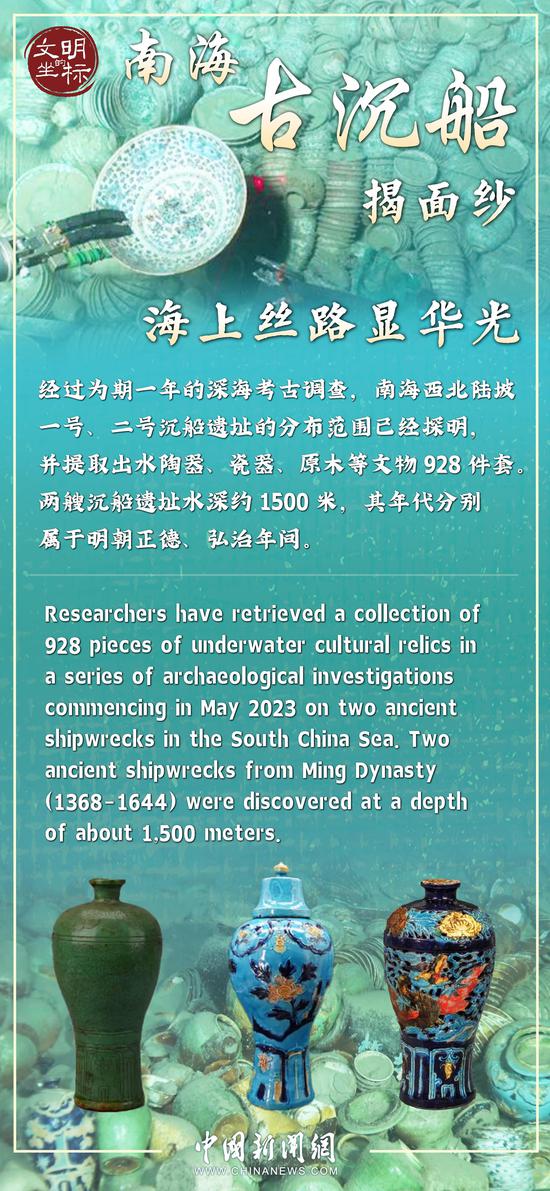

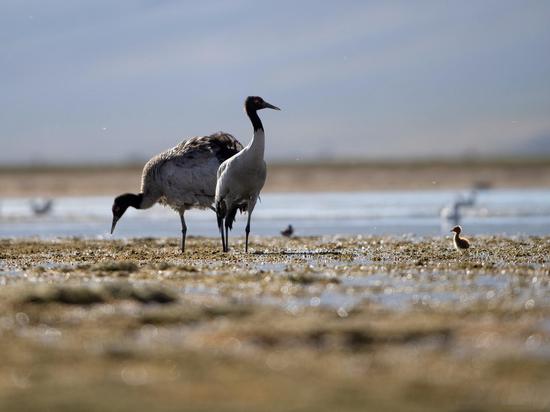
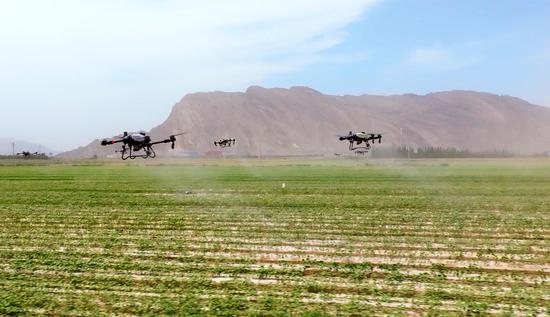




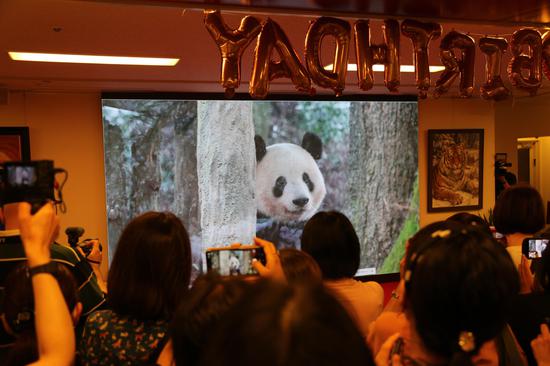


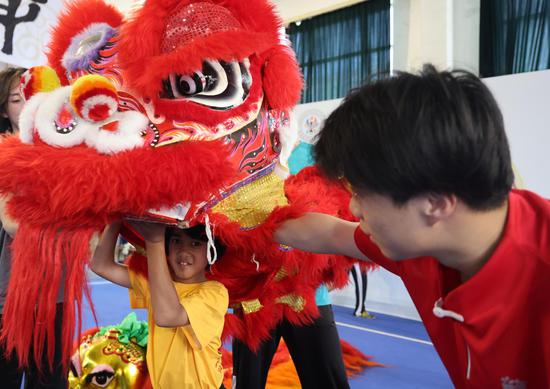








 京公网安备 11010202009201号
京公网安备 11010202009201号